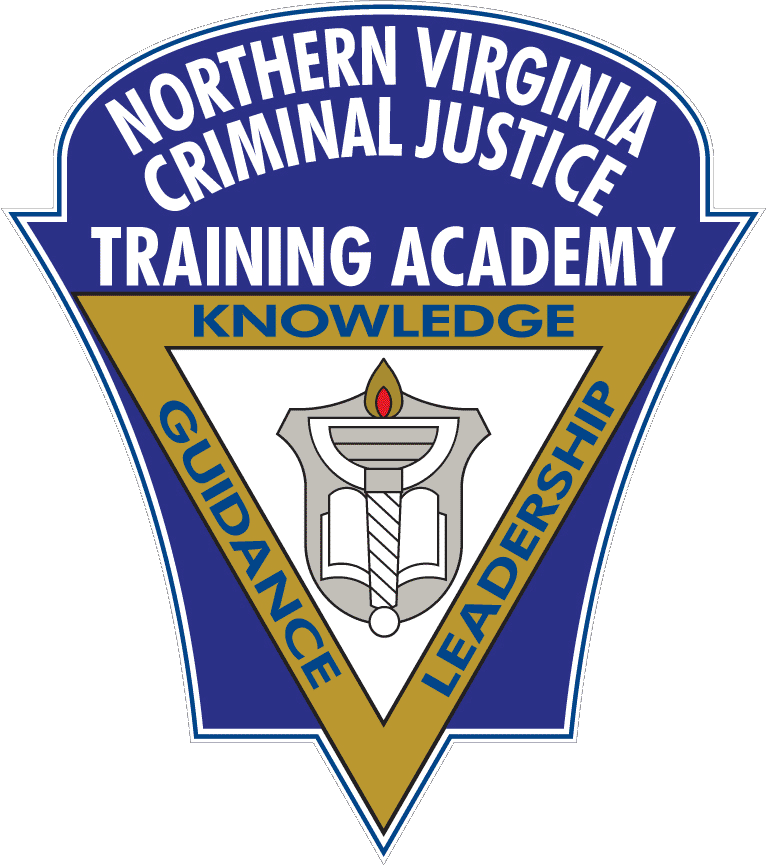Job Announcement
Information Systems Technology Administrator
Please click here for more information

Northern Virginia
Criminal Justice Academy
A Nationally Accredited Law Enforcement Training Academy
Advanced Sex Crimes Investigations
Course length
24
About the course
This 3-day course is designed to pick up where Sex Crimes I: How to Respond and Investigate, left off. This is a more advanced course and is a faster paced course than Sex Crimes I. It is recommended that students first attend Sex Crimes I or have 3+ years of experience in investigating sex crimes before attending this course.
This course focuses on the Trauma Informed approach and being victim centered. Advanced DNA techniques and more case studies are in this course than students experienced in Sex Crimes I.
The following sub-topics will be covered:
Review of the Basics: A brief of the Basic Sex crimes class
Types of Rapists: Students will get an in depth look at the various styles of rapists.
Trauma Informed Investigations: Students will learn the art of conducting trauma informed interviews and investigations.
Reinterviewing the Victim: This block covers techniques for interviewing victims after their initial statements. It will focus on minimizing the re-traumatization of victims and also addressing inconsistencies in their original statements.
Domestic Sexual Assaults: Information on statistics regarding domestic violence compared to the number of domestic sexual assaults. This prepares students for the Strangulation Section.
Strangulation: Students will get an in depth look at strangulations and how it relates to domestic violence.
Unusual Suspects: Students will learn about cases that involved male on male assaults, female on female and cases where sexual offenders are females.
PREA Investigations: Students will learn about the PREA Statute and how to investigate Sexual Assaults that occur in correctional facilities.
Sexual Abuse in Elderly Populations: In this portion, students will learn about the much less reported and discovered, sexual abuse of elderly victims. Students will learn red flags to identify these types of crimes.
Police Involved Investigations: Students will learn how to conduct investigations when the involved suspect is a law enforcement officer or work for a law enforcement agency. Students will learn the difference between Miranda and Garrity and how to distinguish between the two when there are both administrative and criminal investigations.
Cold Case Rapes: Students will learn about submitting older cases for Y Chromosome testing. An overview of the process regarding genealogy testing and the various ways these types of submissions can assist in Cold Case Rapes. SAKI will also be discussed and reminders on PERK tracking and inventories. Investigative Genetic Genealogy (IGG) will be discussed and a case study will be presented regarding solving a cold case that involved these types of techniques.
Computer Sex Crimes: Students will learn how to handle investigations that start over various Applications and websites.
Search warrants, ISP and preservations letters will be covered. Information on the dark web.
Bio Brian Williams, Instructor:
Brian Williams joined the Norfolk Police Department in 2006 after serving 4 years in the Marine Corps. He has spent a total of 9 years in patrol as both a training officer and a patrol sergeant. Brian currently serves in the Detective Bureau supervising and investigating cases of sexual assault, child abuse & family violence. He has served in this capacity for 5 years and has 3 additional years of experience investigating property crimes cases. Brian is a specialist in working on and solving cold case sexual assaults and his favorite parts of the job are conducting suspect interviews and being victim centered. Brian is a graduate of Saint Leo University where he obtained his Bachelors degree in Business Administration with a Specialization in Logistics. In preparation for a post law enforcement career, Brian became a licensed private investigator in the Commonwealth of Virginia and is the co-owner and founder of Pinnacle TCI, LLC.